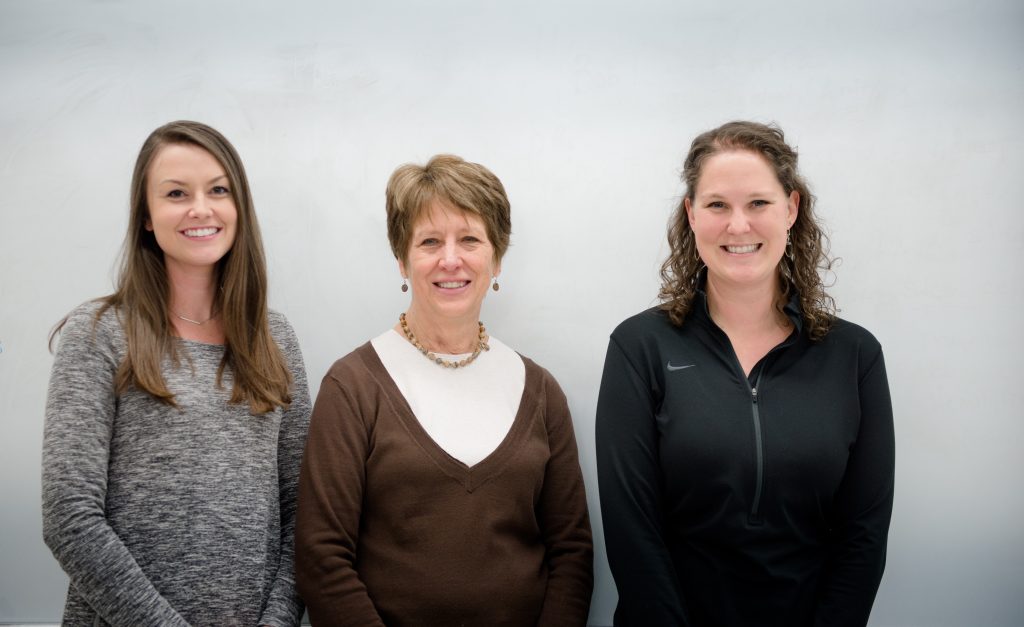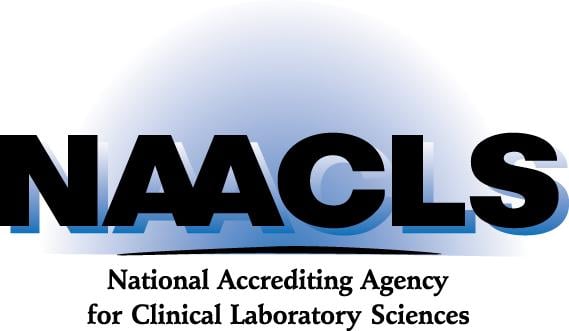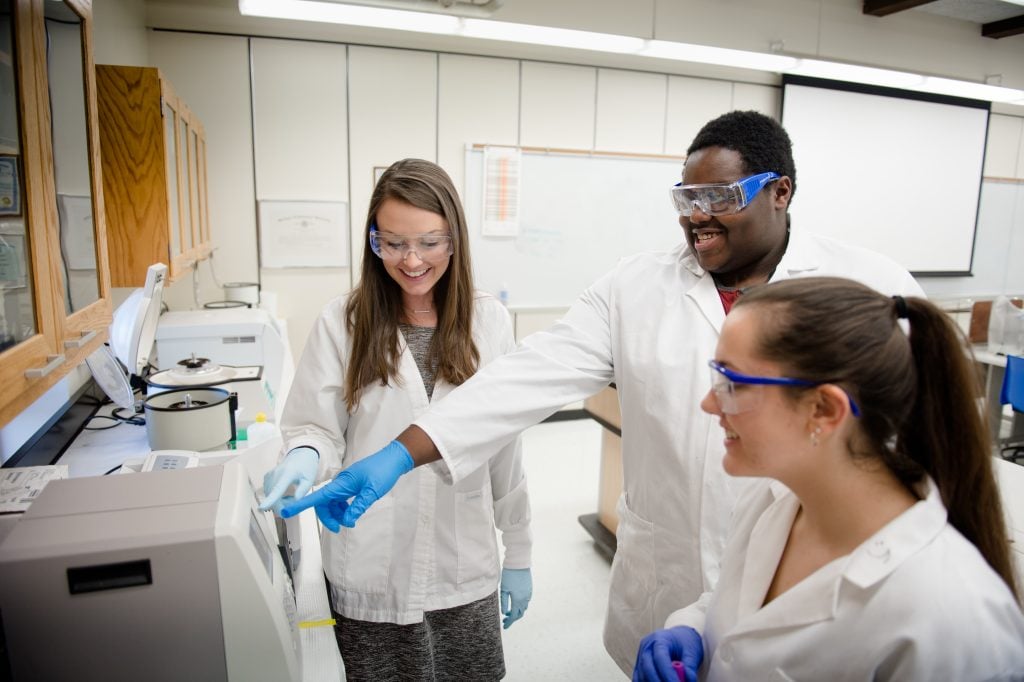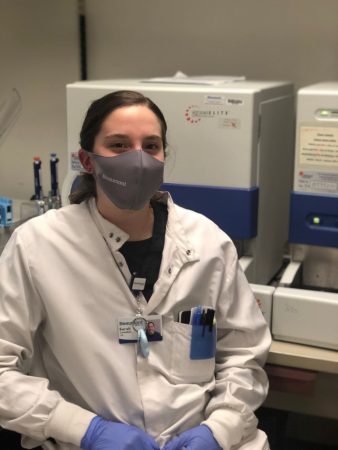
Where are you currently completing your practicum?
I completed my practicum at Beaumont Health – Royal Oak. I am currently certified through ASCP and working full time at Beaumont Health – Farmington Hills as a generalist.
What is your favorite aspect of your practicum?
The opportunity to work with experienced technologists was my favorite part of my practicum. Each tech had stories of interesting cases they’ve worked on and shared valuable tips and tricks that I currently use out on the bench. Getting to see how the theory covered in our classes applies out on the bench was also really rewarding!
Why did you choose a career in Medical Lab Science?
A career in MLS offers a broad spectrum of possibilities, even outside of healthcare. The versatility of the degree was a huge reason why I chose to major in medical lab science. I’ve always loved human physiology, so MLS was the perfect hands-on career to apply that knowledge in the healthcare setting with less patient contact.
Share something interesting with us about your practicum!
I got to observe and assist with a few bone marrow aspirations, both adult and pediatric! It was so fascinating seeing that procedure done firsthand. There aren’t many opportunities to work directly with the physicians and nurses, so it was a very cool experience.
What is something you think others should know about MLS?
Because medical lab scientists are behind the scenes, many people are unaware of the critical role we play in patient care. It is up to the lab to ensure the results we release to the physicians are accurate, so attention to detail, communication, and solid problem solving skills are essential. There’s a huge shortage of certified technologists, so this career is always in demand!
What advice would you give to students entering their practicum?
Study during your practicum like you did during your undergraduate courses. It’s so important to stay on top of the material you’ll need to know for the BOC exam. It will make reviewing for it much easier and less stressful when it comes time to take it! Also, never be afraid to ask questions. I learned so much from the technologists I worked with, in both bench skills and career advice. They are a huge asset to you!
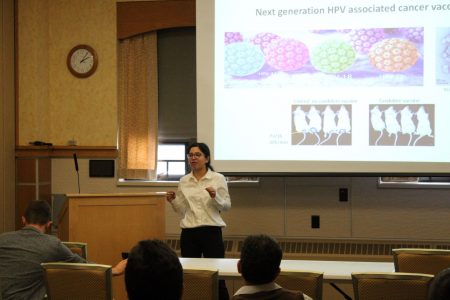
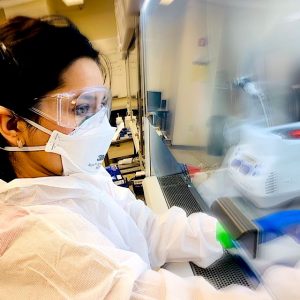
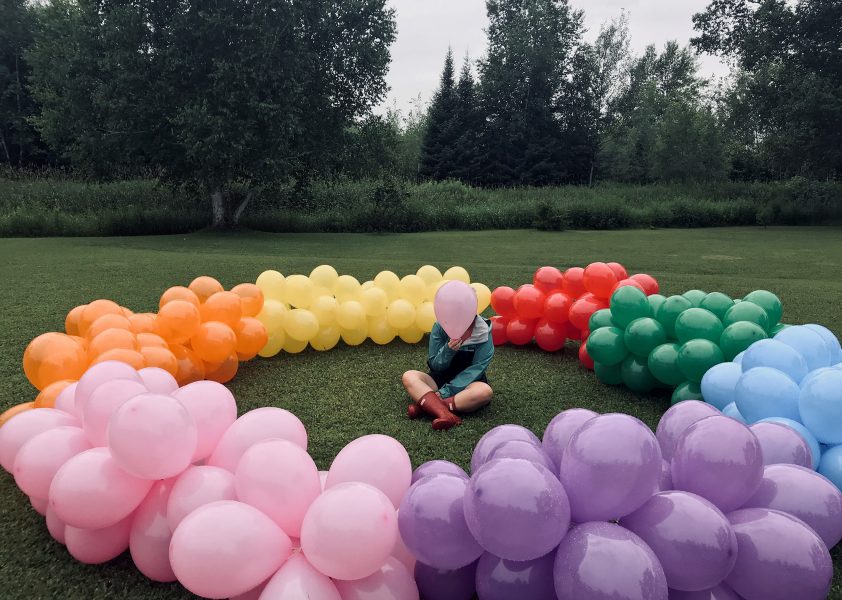
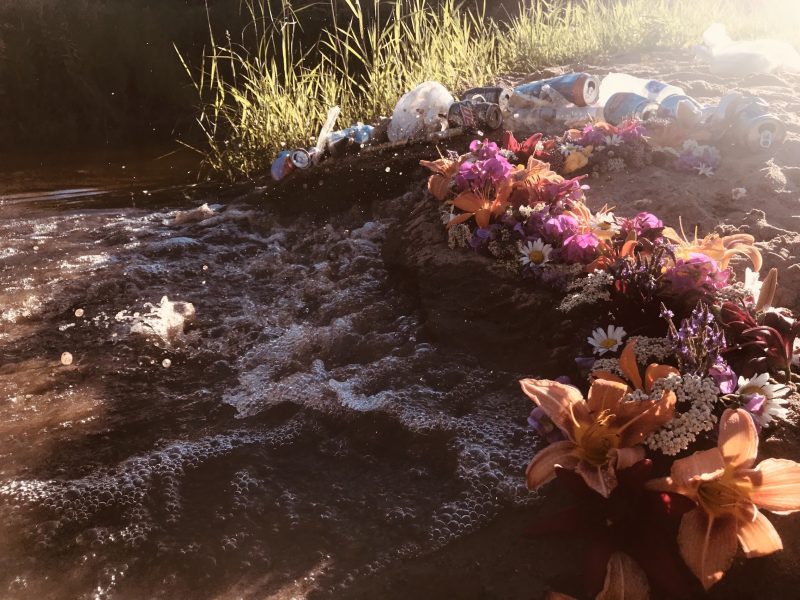

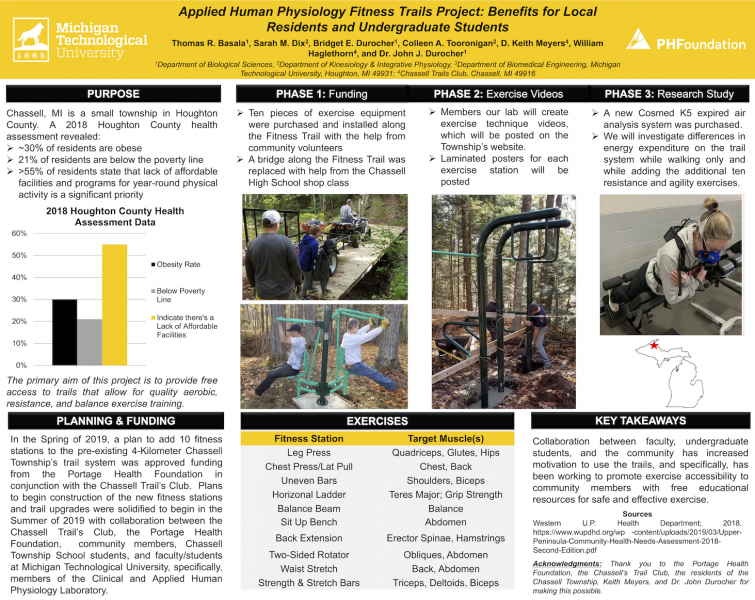
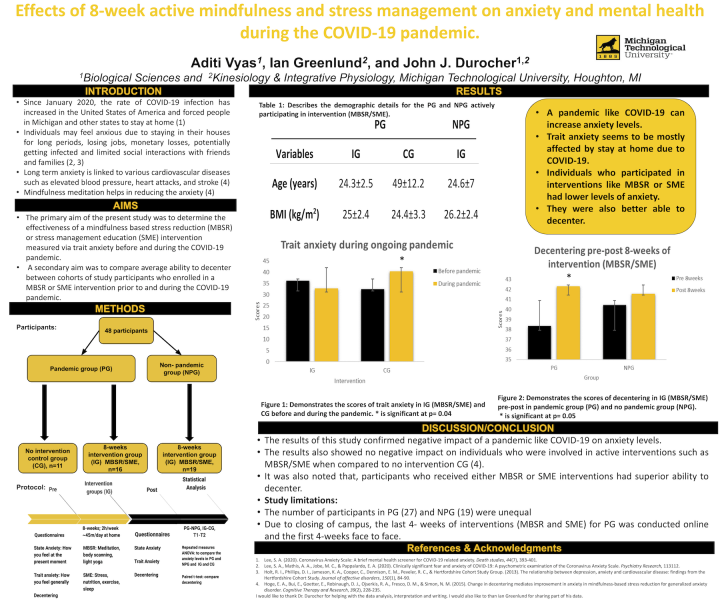
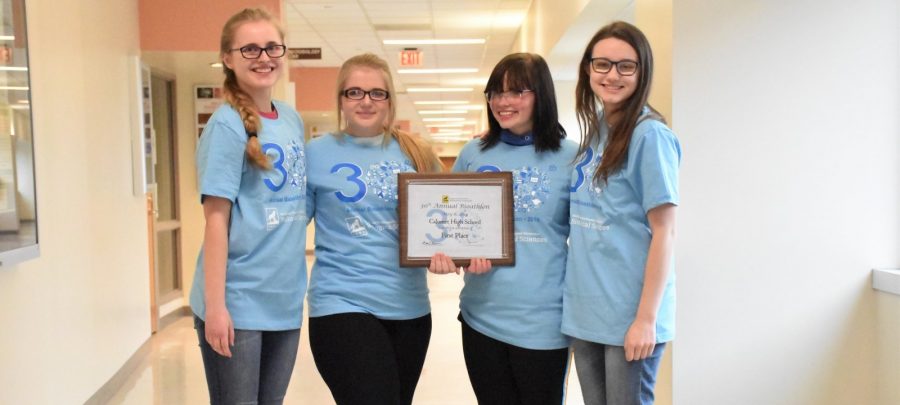
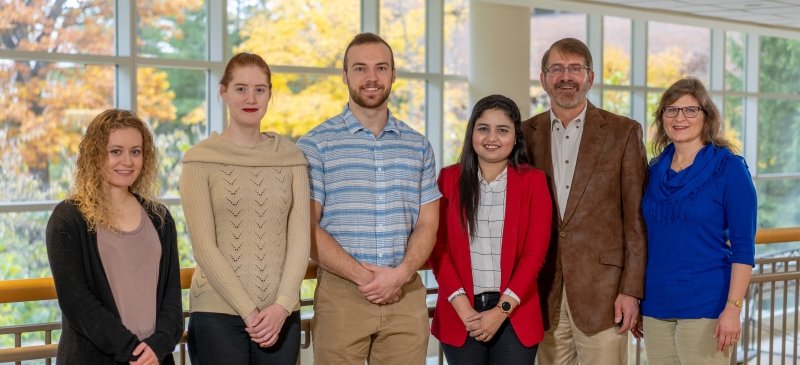
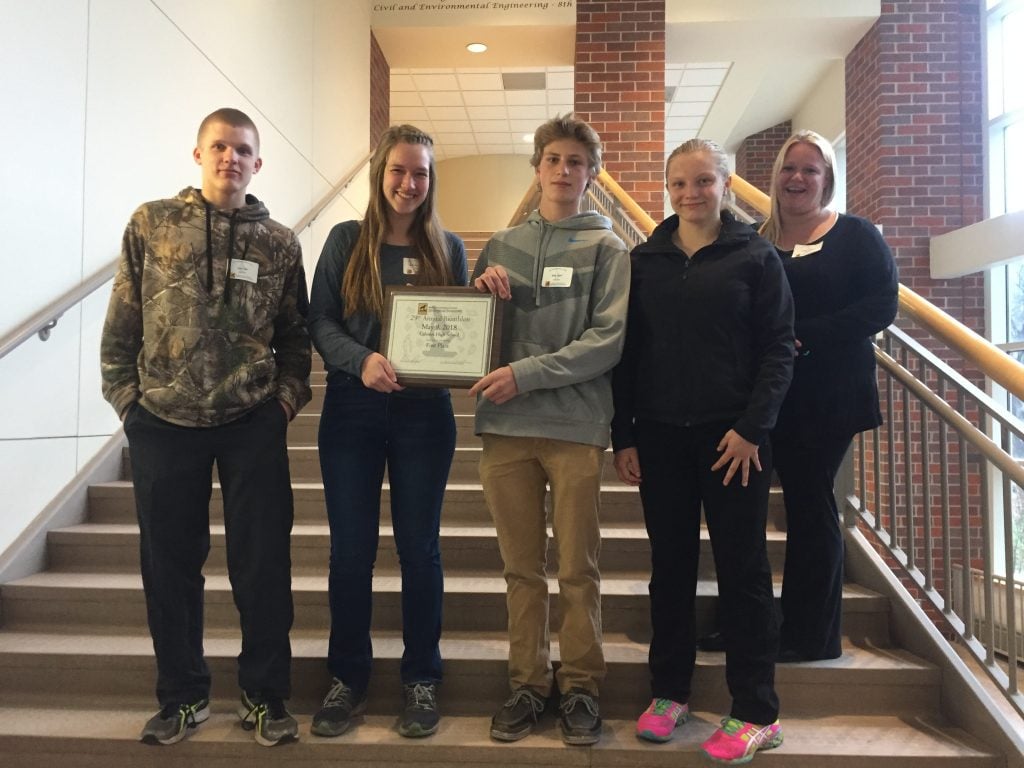 Third time’s a charm! After being in the top three scoring teams in the last year, Calumet High School was able to place first in the 29th annual Bioathlon. The team was comprised of Ada McDonal, Molly Helminen, Nick Djerf and Sam Oja. Second place went to A.D. Johnston High School from Bessemer, and West Iron County High School took third.
Third time’s a charm! After being in the top three scoring teams in the last year, Calumet High School was able to place first in the 29th annual Bioathlon. The team was comprised of Ada McDonal, Molly Helminen, Nick Djerf and Sam Oja. Second place went to A.D. Johnston High School from Bessemer, and West Iron County High School took third.